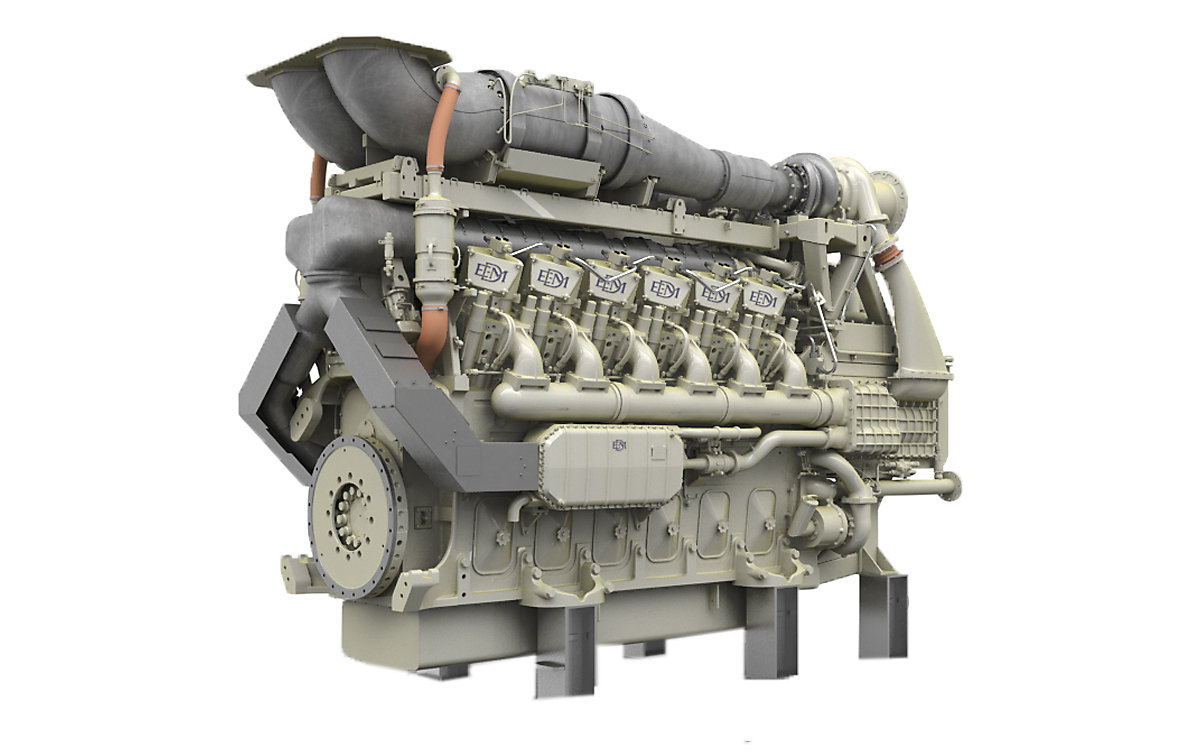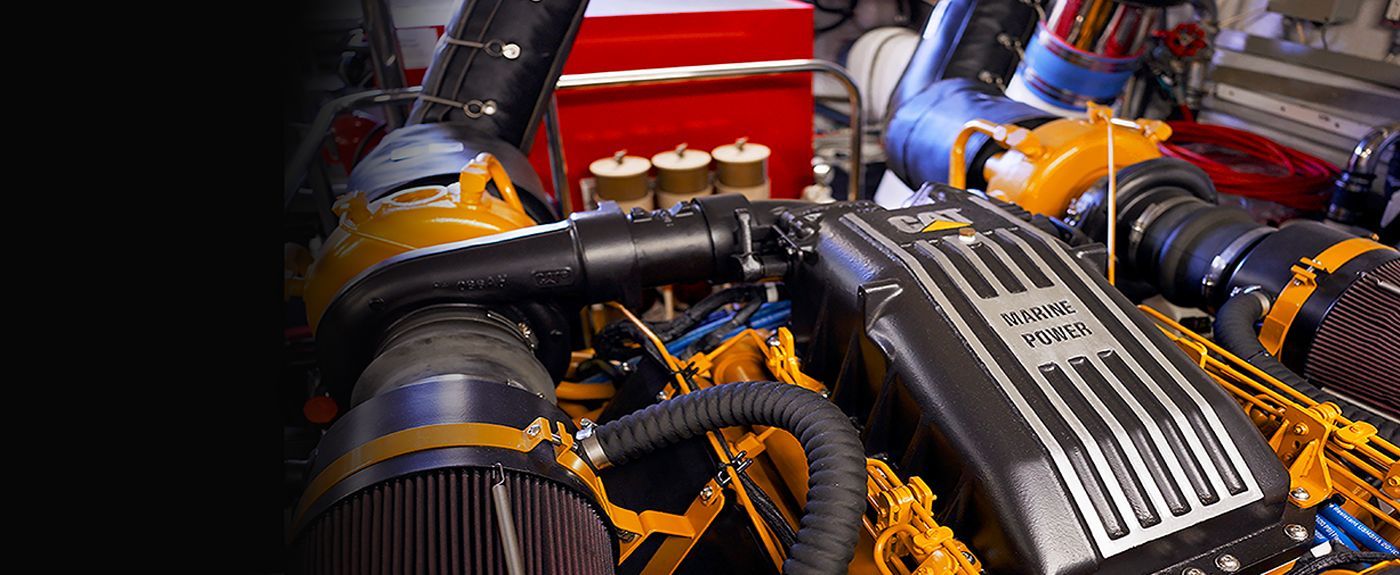The Influence of Innovative Engine Technologies on Energy Performance and Environmental Sustainability
In the realm of transport and commercial equipment, the continuous pursuit for improved energy performance and reduced environmental influence has actually led to significant improvements in engine technologies. From the progressive shift in the direction of hybrid and electric systems to the integration of turbocharging for improved effectiveness, the landscape of engines is progressing quickly.
Evolution of Engine Technologies
The progression of engine technologies over the years has actually been marked by continual development and refinement in quest of enhanced performance and performance. From the very early days of interior burning engines to the cutting-edge hybrid and electrical powertrains these days, the evolution of engine technologies has been driven by a ruthless pursuit for boosted gas efficiency and decreased emissions.
One considerable landmark in this development was the growth of turbocharging and straight shot systems, which considerably improved engine power outcome while boosting gas effectiveness. These innovations permitted for smaller sized, a lot more lightweight engines that might deliver the performance of bigger ones without jeopardizing on effectiveness.
Additionally, innovations in materials science have actually led to the extensive fostering of light-weight materials such as aluminum and carbon fiber in engine construction. This has not just lowered overall car weight but has actually likewise boosted engine performance by reducing energy losses connected with inertia and rubbing.
Benefits of Electric and Crossbreed Systems
With the growing concentrate on sustainability and power performance, what benefits do hybrid and electrical systems provide in the realm of engine modern technologies? Electric and hybrid systems existing numerous benefits that add to an extra energy-efficient and lasting future. Among the main advantages is the substantial reduction in greenhouse gas discharges contrasted to conventional interior combustion engines. Electric lorries create absolutely no tailpipe discharges, resulting in boosted air high quality and decreased ecological impact. Furthermore, hybrid and electrical systems are much more energy-efficient, transforming a greater percent of saved energy into propulsion compared to conventional engines. This effectiveness results in lower energy consumption and operating expense over the car's life time. Furthermore, electric lorries use regenerative braking systems that catch and keep power commonly lost during braking, further boosting power effectiveness. Crossbreed systems incorporate the benefits of electrical propulsion with the flexibility of a burning engine, providing prolonged driving varieties and decreasing range anxiety for customers transitioning to electrical automobiles. Overall, electrical and hybrid systems play a vital role beforehand power performance and environmental sustainability in the transport sector.
Turbocharging for Improved Performance
Innovative engine innovations like hybrid and electrical systems have actually paved the means for advancements in car effectiveness, with turbocharging arising as a key technique for enhancing general efficiency and sustainability. Turbocharging works by utilizing a wind turbine to compel even more air into the combustion chamber, enabling better fuel combustion and increased power result without a substantial rise in engine dimension. This procedure, recognized as forced induction, enables smaller sized, more fuel-efficient engines to produce power levels comparable to larger ones. By maximizing the efficiency of the combustion procedure, turbocharged engines can attain better gas economic climate and lowered exhausts, adding to ecological sustainability. Furthermore, turbocharging enhances engine responsiveness, offering motorists with a much more dynamic driving experience. The extensive fostering of turbocharged engines in both fuel and diesel lorries shows their efficiency in balancing efficiency, effectiveness, and environmental impact. As auto suppliers remain to fine-tune turbocharging innovation, its role in advertising energy efficiency and sustainability in the transport market is anticipated to expand better.
Harnessing Alternate Gas
Harnessing alternate gas presents an encouraging avenue for decreasing carbon discharges and diversifying the power sources used in transportation. As the globe strives to deal with environment adjustment read this and lower reliance on nonrenewable fuel sources, alternative fuels have acquired substantial attention for their potential environmental and economic benefits.
Biofuels, such as ethanol and biodiesel, are originated from eco-friendly resources like algae, corn, and sugarcane, offering a cleaner burning alternative to standard gasoline and diesel. These gas can be combined with existing petroleum fuels or utilized in specialized engines, giving a pathway to reduced greenhouse gas exhausts and boost air top quality.
Furthermore, hydrogen gas cells have actually arised as an encouraging technology for zero-emission transportation. engines for africa. By transforming hydrogen gas right into power to power electric motors, gas cell cars produce only water vapor as a byproduct, eliminating damaging tailpipe emissions completely
Along with minimizing carbon exhausts, alternate fuels can also boost energy safety by branching out the fuel mix and reducing reliance on imported oil. Embracing different gas in transportation is an essential step towards attaining a much more sustainable and eco pleasant future.

Environmental Advantages and Future Leads
Alternative gas, such as biofuels, hydrogen, and electrical power, deal considerable ecological benefits compared to standard fossil gas. In addition, alternative fuels can aid diversify energy sources, improving power security and decreasing reliance on finite resources.
Improvements in technology continue to boost the effectiveness and price of alternative gas cars, making them much more easily accessible to consumers. By welcoming cutting-edge innovations and different fuels, the course in the direction of a more lasting future becomes significantly attainable.

Conclusion
In final thought, cutting-edge engine technologies have actually played an important duty in improving energy performance and promoting ecological sustainability. engines for africa. The evolution of engine technologies, adoption of electrical and hybrid systems, utilization of turbocharging, and exploration of alternate gas have all added to decreasing discharges and enhancing effectiveness. The ecological advantages of these developments are clear, and there is excellent possible for more progression in the future. Engine technologies proceed to be a vital location of click to read more emphasis for attaining an extra lasting future.
In the realm of transportation and industrial machinery, the continual pursuit for boosted energy efficiency and reduced environmental influence has actually led to considerable improvements in engine innovations. Turbocharging works by using a generator to compel more air into the burning chamber, enabling for much better fuel burning and raised power result without a significant increase in engine size. By optimizing the performance of the burning procedure, turbocharged engines can attain enhanced gas economic climate and reduced discharges, contributing to ecological sustainability. Alternative gas, i thought about this such as biofuels, hydrogen, and electrical energy, offer substantial ecological benefits contrasted to traditional fossil gas. The evolution of engine modern technologies, adoption of hybrid and electric systems, utilization of turbocharging, and expedition of alternative gas have all contributed to enhancing and lowering discharges performance.